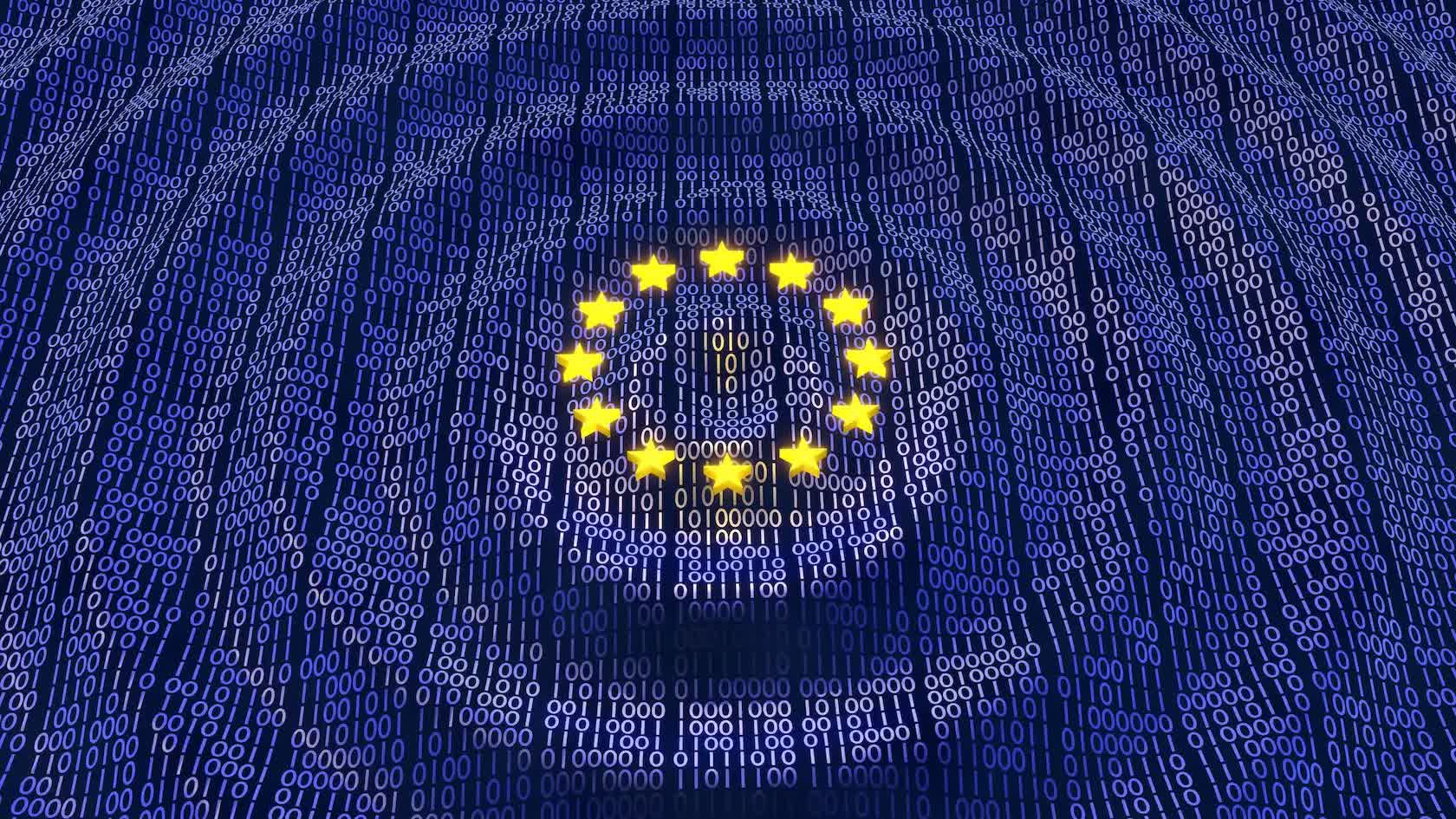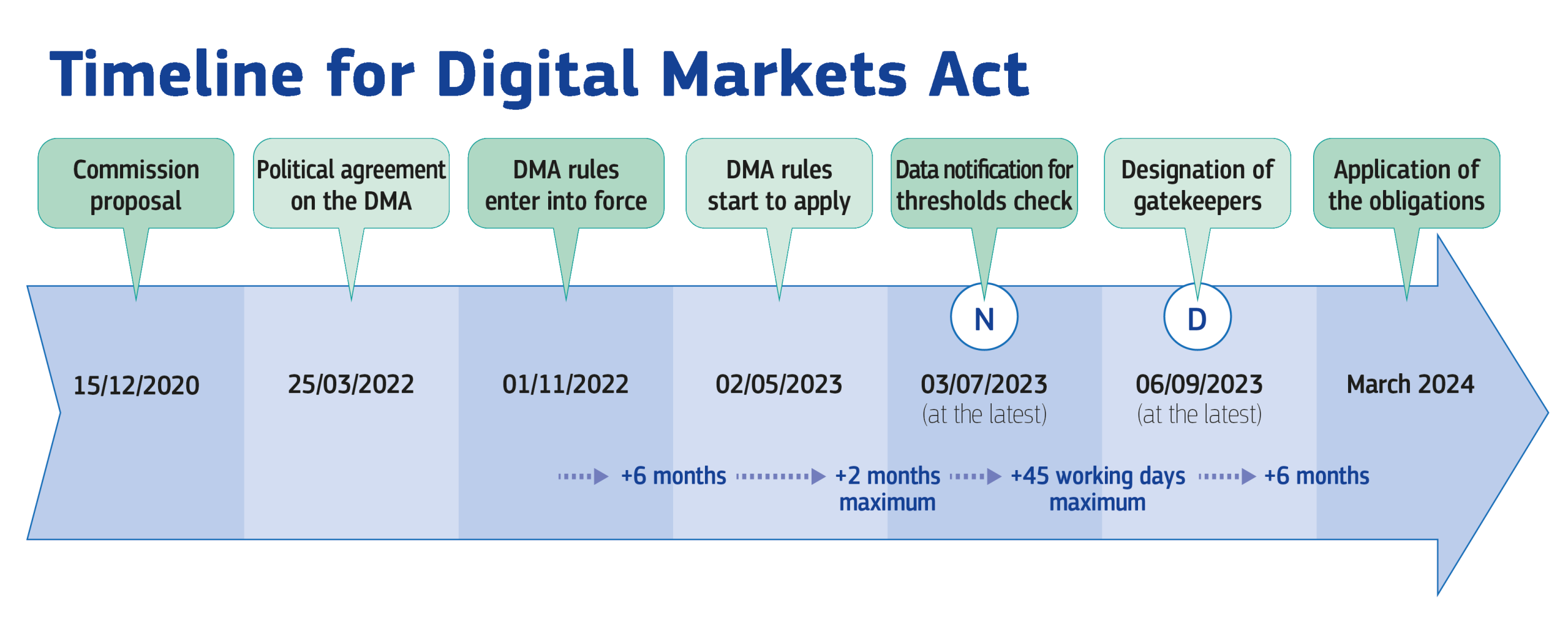What just happened? Recently passed European Union legislation aiming specifically at platform holders like Apple and Google has crossed the point of no return and becomes law this week. The EU's effort to reign in so-called "gatekeepers" doesn't kick in immediately but could force significant changes to large digital platforms over the next few years.

The European Commission confirms that the EU's Digital Markets Act (DMA) will go into effect on November 1. Under the new law, the EU could force Apple to open iOS's walled garden by mid-2024.
The DMA aims to keep "gatekeepers" from unfairly stifling businesses and competition in EU countries. The law defines gatekeepers as entities that form a significant enough link between companies and consumers to set the rules for those businesses.
The legislation defines Gatekeepers as any company that provides an essential service to 45 million end users and 10,000 businesses in three EU countries for three straight years. The Commission points out app stores, search engines, web browsers, cloud services, operating systems, advertising services, video-sharing platforms, and other digital vendors. Gatekeepers must allow third-party services to interlink with their platforms and can't stop businesses from connecting consumers to outside services.

Similar regulations are already forcing Apple and Google to allow third-party payment processors in countries like Denmark and South Korea. The DMA could require Apple to let iOS users install apps from outside the company's app store, whether through sideloading or third-party app stores.
Although the DMA goes into effect on November 1, the EU wouldn't force platform holders like Apple and Google to comply immediately. The new rules will apply beginning May 4, 2023, after which potential gatekeepers have until July 3 to inform the Commission of their core services. The Commission has until September 6 at the latest to declare whether or not these firms meet the criteria for gatekeepers. Those that do must comply with the DMA before March 6, 2024. Some businesses will likely hail the EU's decision, especially in light of recent criticisms of Apple's app store policies.
Last week, Meta accused Apple of undercutting its business by requiring a revenue cut from paid social media "boosts" through iOS apps. Additionally, Apple's 30-percent commission from in-app services prevents Spotify from selling audiobooks directly through its app, similar to how Amazon can't sell Kindle books through the Kindle iOS app. Allowing downloads outside the app store would circumvent this requirement, potentially losing Apple a lot of money.
Another new EU law will force all new electronic devices sold in the region to feature USB-C charging ports by 2024. Apple admitted that future iPhone models would swap the company's proprietary Lightning cable for USB-C. It's unclear if Apple would make such a variant available outside the EU.
https://www.techspot.com/news/96506-european-union-enact-digital-markets-act-tomorrow.html